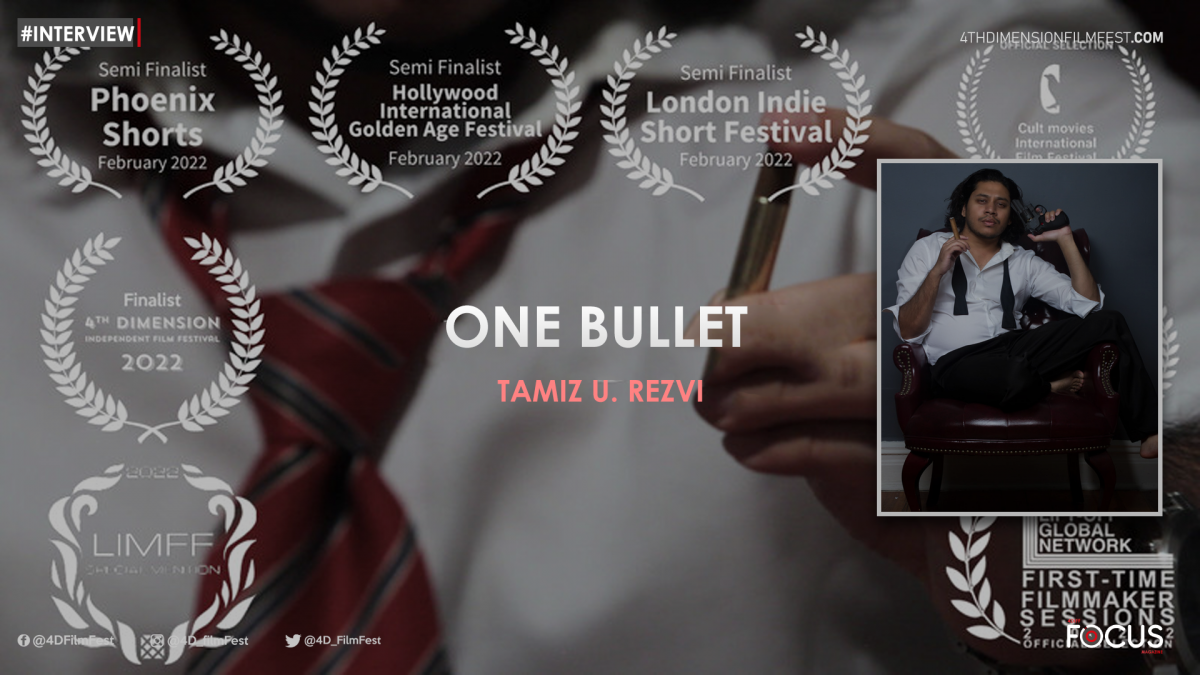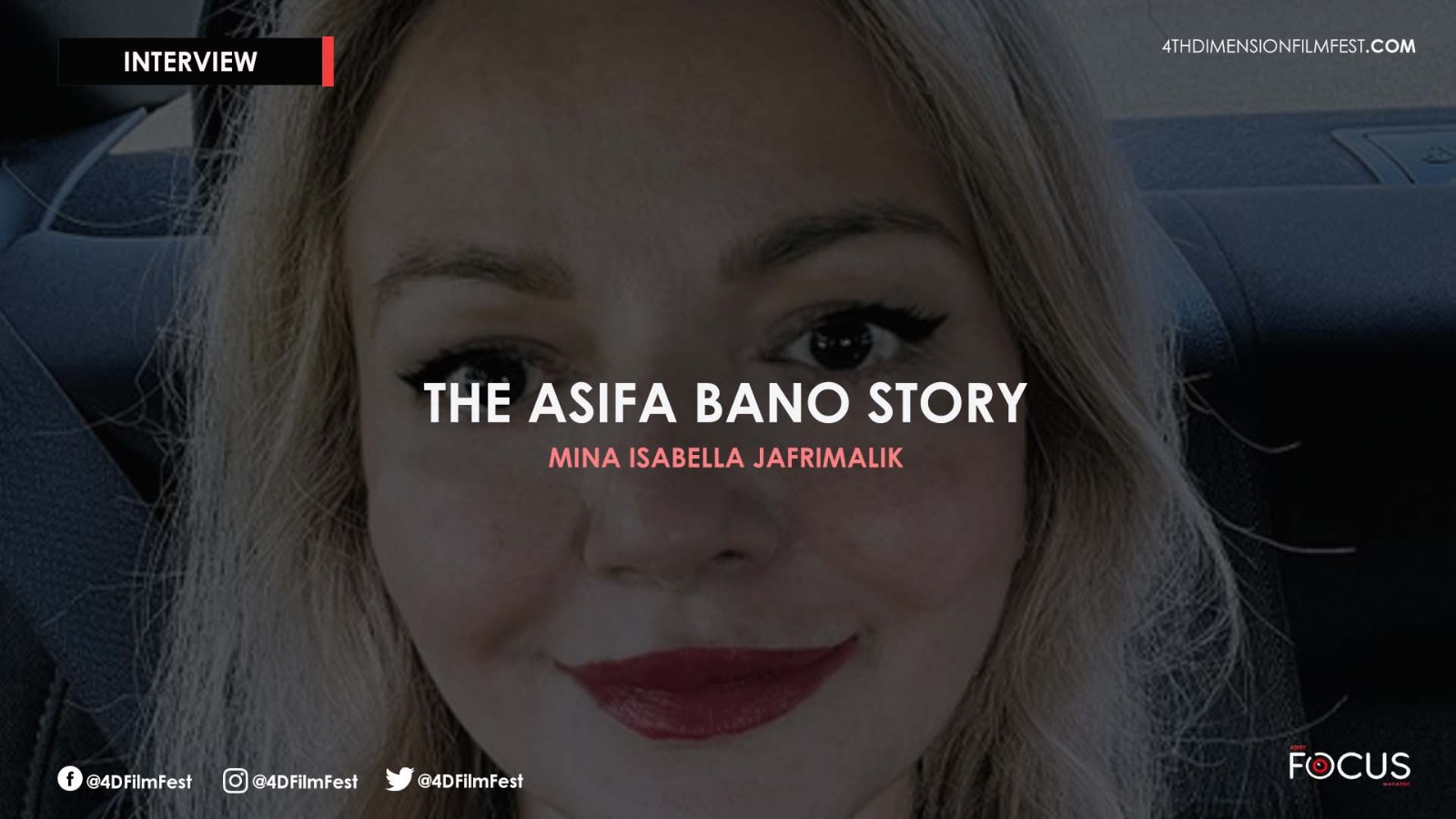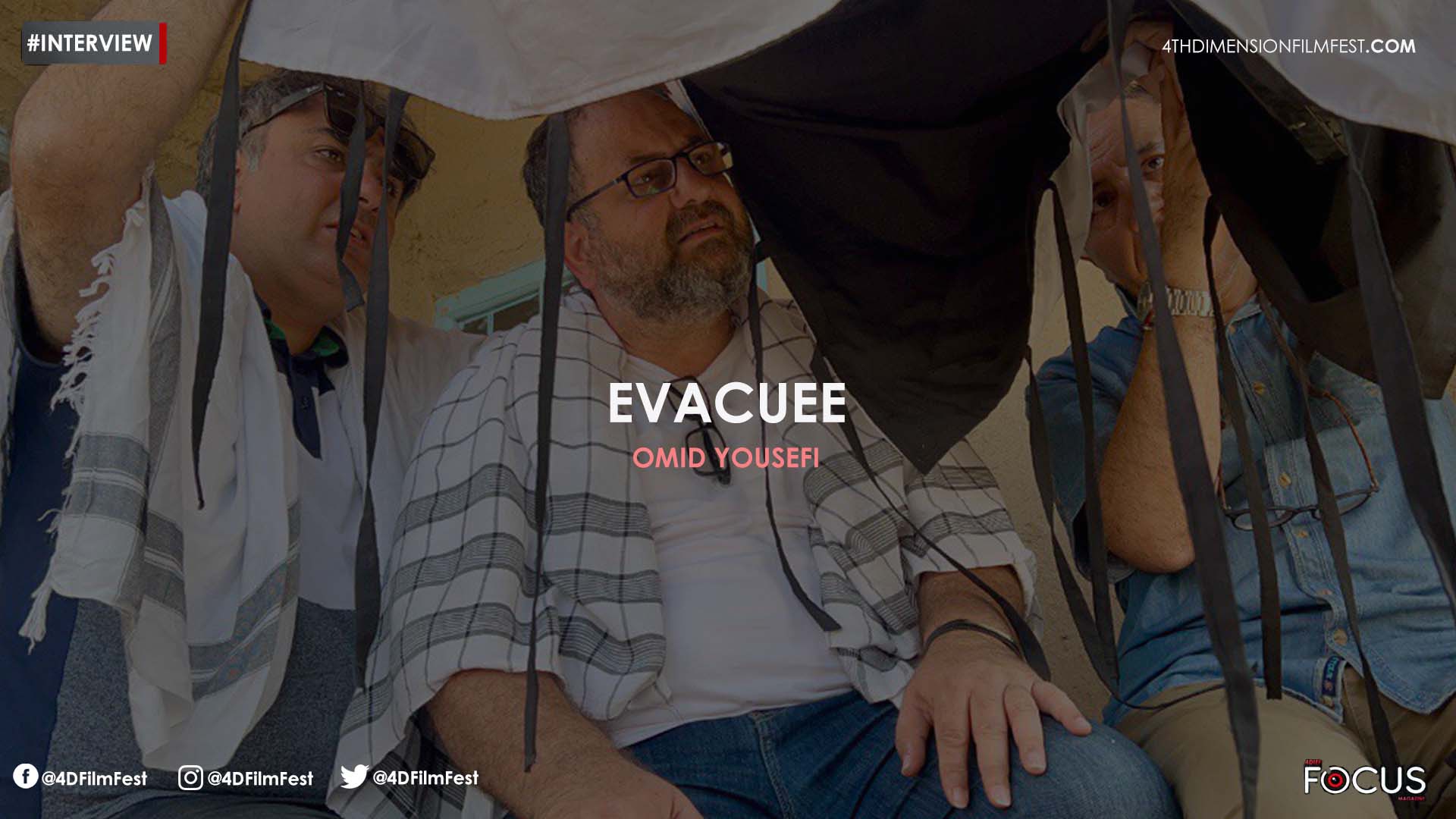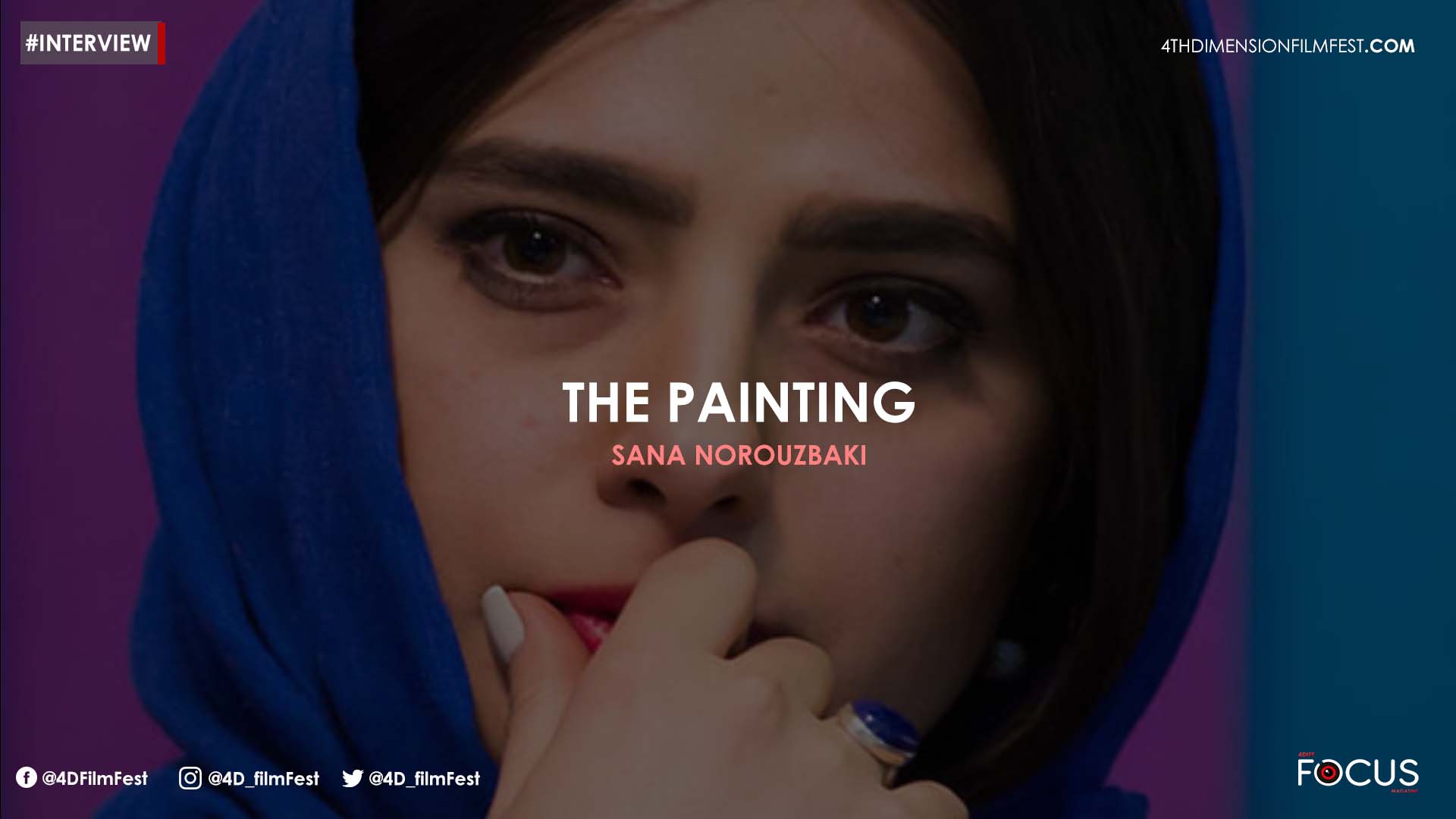What according to you would be the definition of a good movie?
How would that be different from a good play or a good novel? A good movie to me is something that keeps me engaged with its story. Visual effects and action come later. The opening scene is where everything lies. Without a good opening, I may not have the patience to sit through and watch the good parts. Especially when everything is about streaming, I can just switch to another movie with a click or tap.
Do you remember the first movie you watched? What was it? What got you hooked to the world of cinema?
The first movie I watched was on TV: JAWS. Gave me nightmares. I can’t even watch that movie today. However what really got me hooked into movies was Batman ‘89. I was always a Batman fan. And watching Batman being made into a movie, gave me the inspiration to live in imagination.
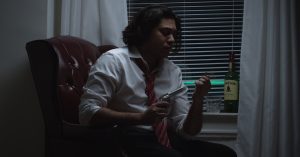
What are the movies you grew up watching, movies that fascinated you and you absolutely admired them?
Batman as mentioned above, as well as Superman, Matrix, American Psycho, Spiderman (Tobey), Memento. The list can go on and on. Aside from superhero movies, I was mostly into mystery and thrillers. Things to keep my mind engaged. I wanted to solve the mystery before the climax.
Tell us about your love for thrillers. Do you specifically prefer psychological thrillers?
Could you give us your top 10 favorite movies of all time? It keeps me engaged. It gets me thinking about who it could be, or how the character is doing it. Top 10: American Psycho, Inception, Momento, The Prestige, Equilibrium, The Dark Knight, Leon The Professional, Dark City, Hard Candy, The Illusionist,
The setting is that of a man contemplating evidently after a hard day’s work. How significant was it for you to ensure the profundity of the setting itself?
Something that would grab the attention of the viewer from the very first shot. It was relatable. As mentioned earlier, I want to engage with my audience. I had to come up with a setting everyone can relate to. We all had a bad day of work, and some of us would go home, open a bottle of wine, and try to drink the pain away. So when the scene opens with the narrator knocked out with an empty glass in hand, the audience can already understand that this guy had a tough day, that he’s still in his work clothes.
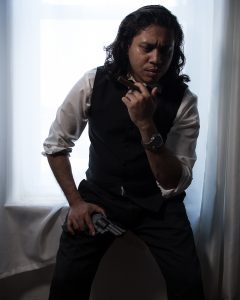
You have explored themes of solitude, isolation and agony in your movie. Tell us something about these themes and their potent presence in the life of the modern man.
PTSD is a big deal. No one likes to speak about it. Not like, but afraid. We don’t want to be judged. During those times, we feel lonely, no one to reach out too. We are at our loneliest moments.
The theme of tedium is explored as well in the movie. A frustrating sense of the banal and the mundane plagues the mind of the protagonist. Do you find this more relatable than ever in the life of a working man/woman?
It’s very relatable. We are told to work 9-5 jobs, But in reality we are stuck working 9am to 10pm or longer, just to go back the next day and do the same thing. And there are many times when work flows into the weekend. We work work and work, but no reward. There are false promises of a reward coming at the end. But when we stand up for ourselves, we are threatened to be fired because we are lacking in work. In the modern world, stress is a huge factor for men and women, all thanks to the work environment.
Tell us something about the role you had to play as the protagonist in your movie. There were a lot of things you had to keep in mind because the narrative rested on the shoulders of a single person.
Here is the funny thing. The movie was indeed not supposed to be a short. It had more characters. But due to budget and casting reason, and my passion, I needed to rewrite my story, and focus on the central character. Thats when I had the idea of using narration. Let my body act, let my settings hint the feelings, while the narration fills the rest in.

Tell us something about the monologue in your movie. How important were those lines in the attempt of putting across the thoughts that tormented the protagonist? The questions that he never found the answers of and the feelings that perpetually tormented him.
As mentioned above. Not being able to get a budget for a full cast, the monologue became the most important part of the movie. I needed the viewers to know why I was in torment. I could have left it as a silent film and let the viewers fill in the blank, but then the gun shows up randomly, and it would feel out of place.
What role was played by the gun exactly in your movie? Was it something divine that would offer solace to the protagonist forever? Was it something that was the one answer for all his questions and frustrations (death)?
So this story was actually loosely based on the graphic novel 100 bullets. But what I wanted to do, was give the lead character only one bullet and make his choices tougher. In the book, 100 bullets makes it to easy to pick your targets. But what happens when you only have one opportunity? Your choices are very limited, what do you do, who do you pick? You now have to be passionately angry to take action.
Do you see thrillers thriving in the next ten years? What would be their nature? How do you see the genre evolving in the next few years?
Without thrillers, movies will become boring. You want to engage with your viewers. We don’t always just want to watch something for entertainment, we want to watch to entrigue our minds. I am looking forward to seeing how many twist and turns a future thriller will have for us, and how quickly can I solve the mystery before the climax.


